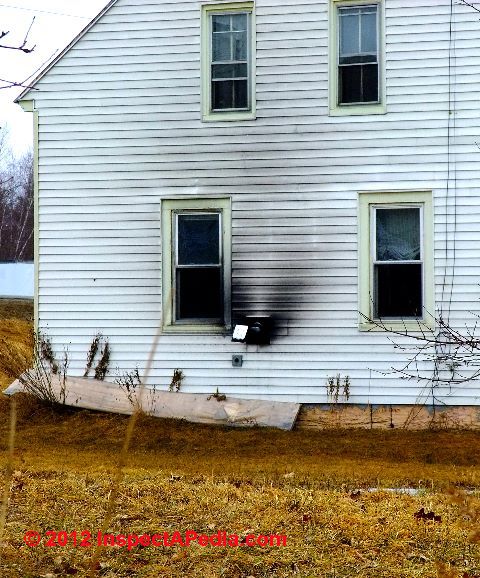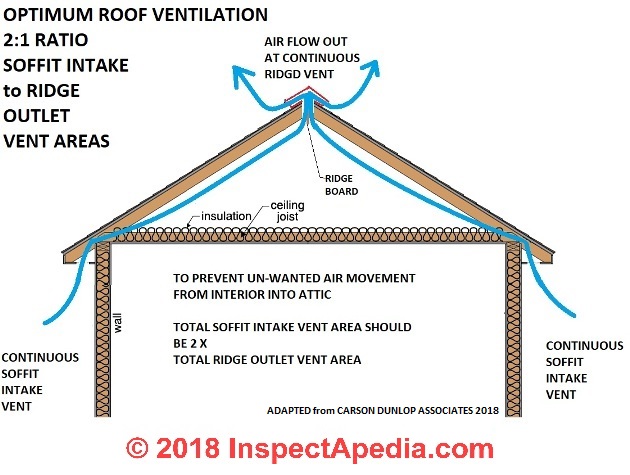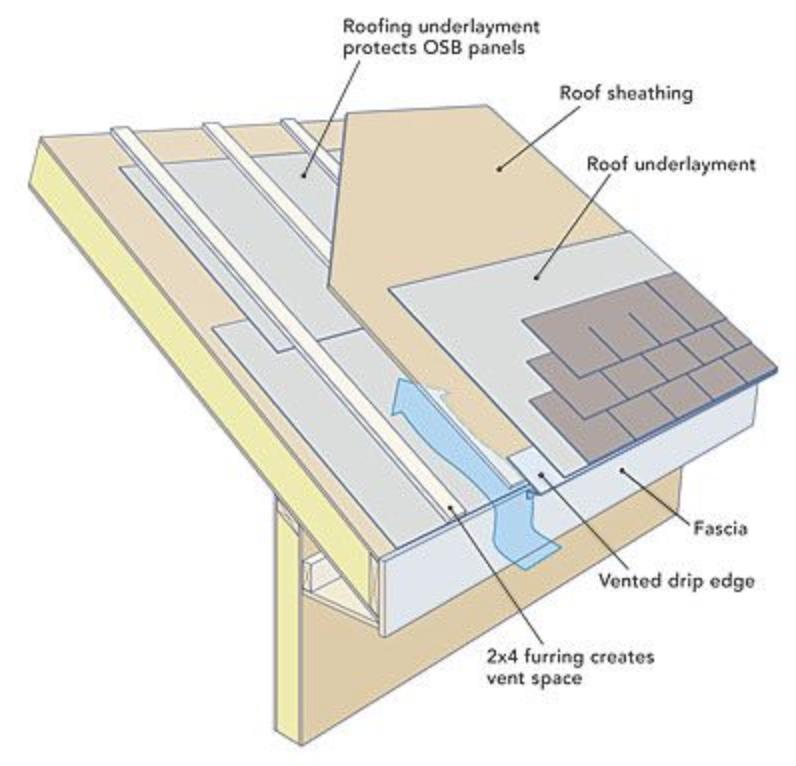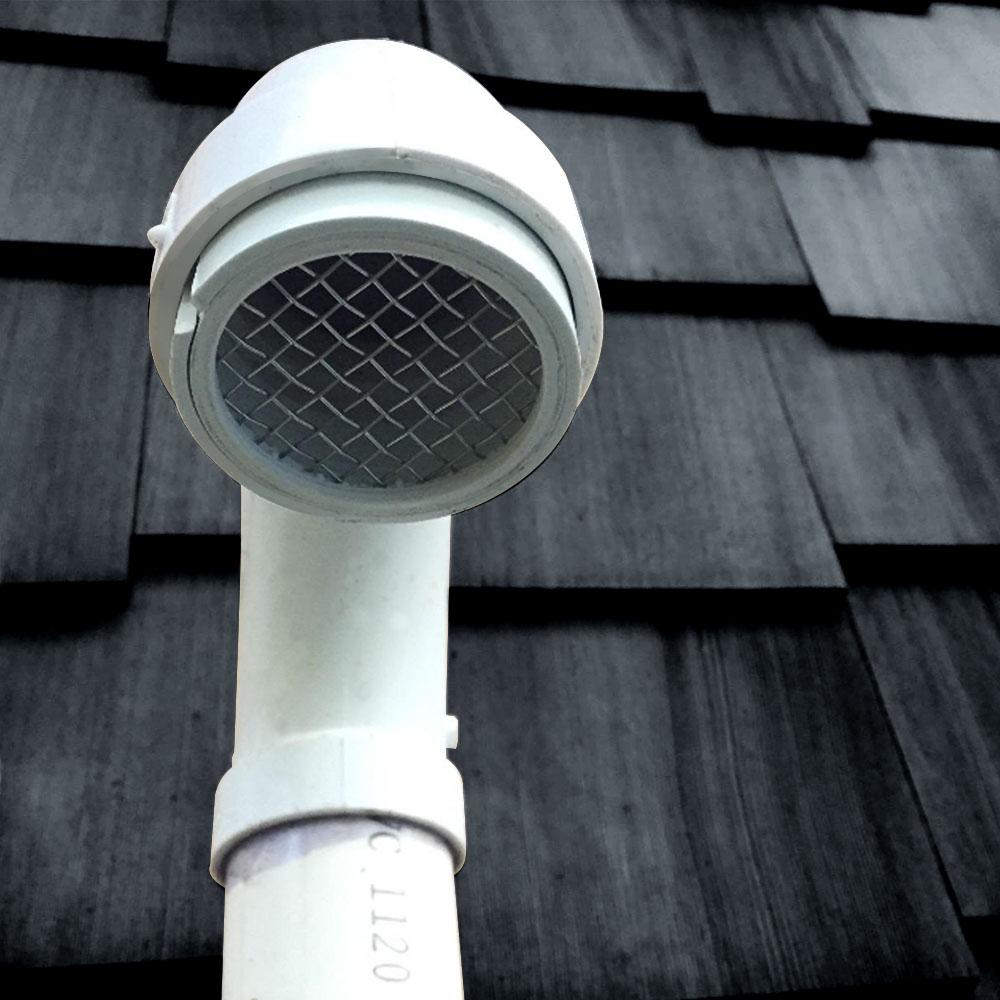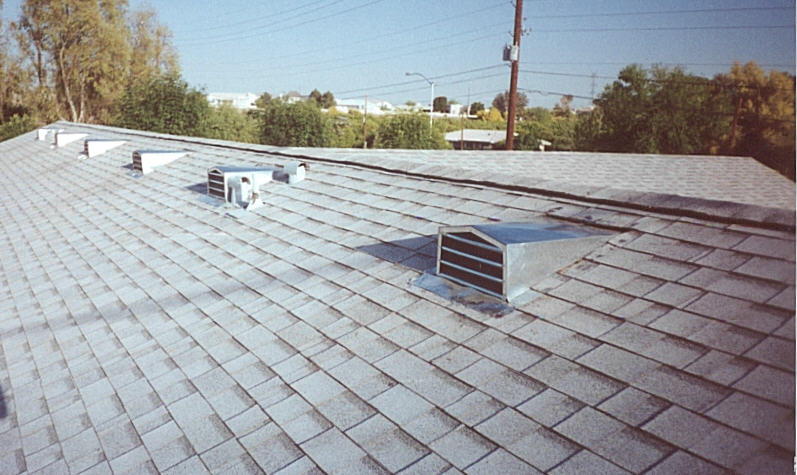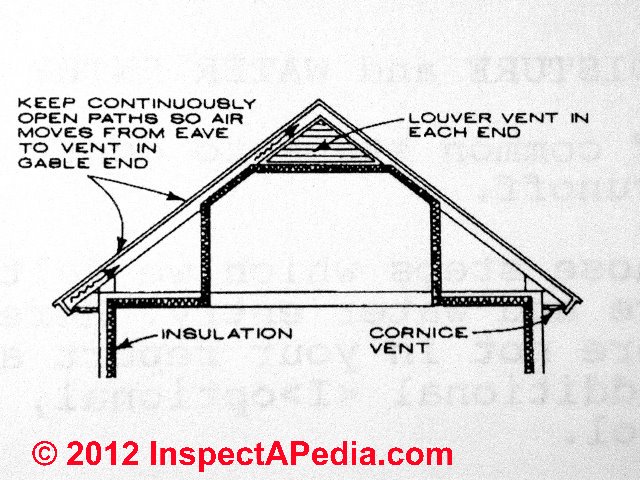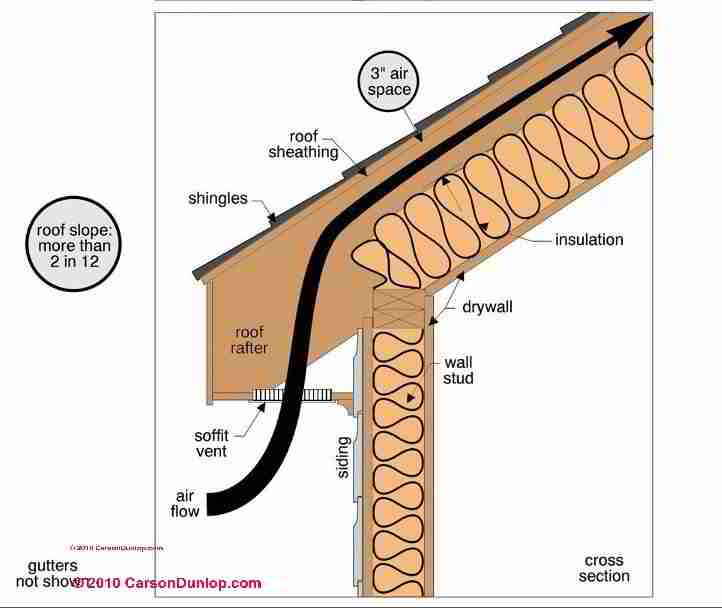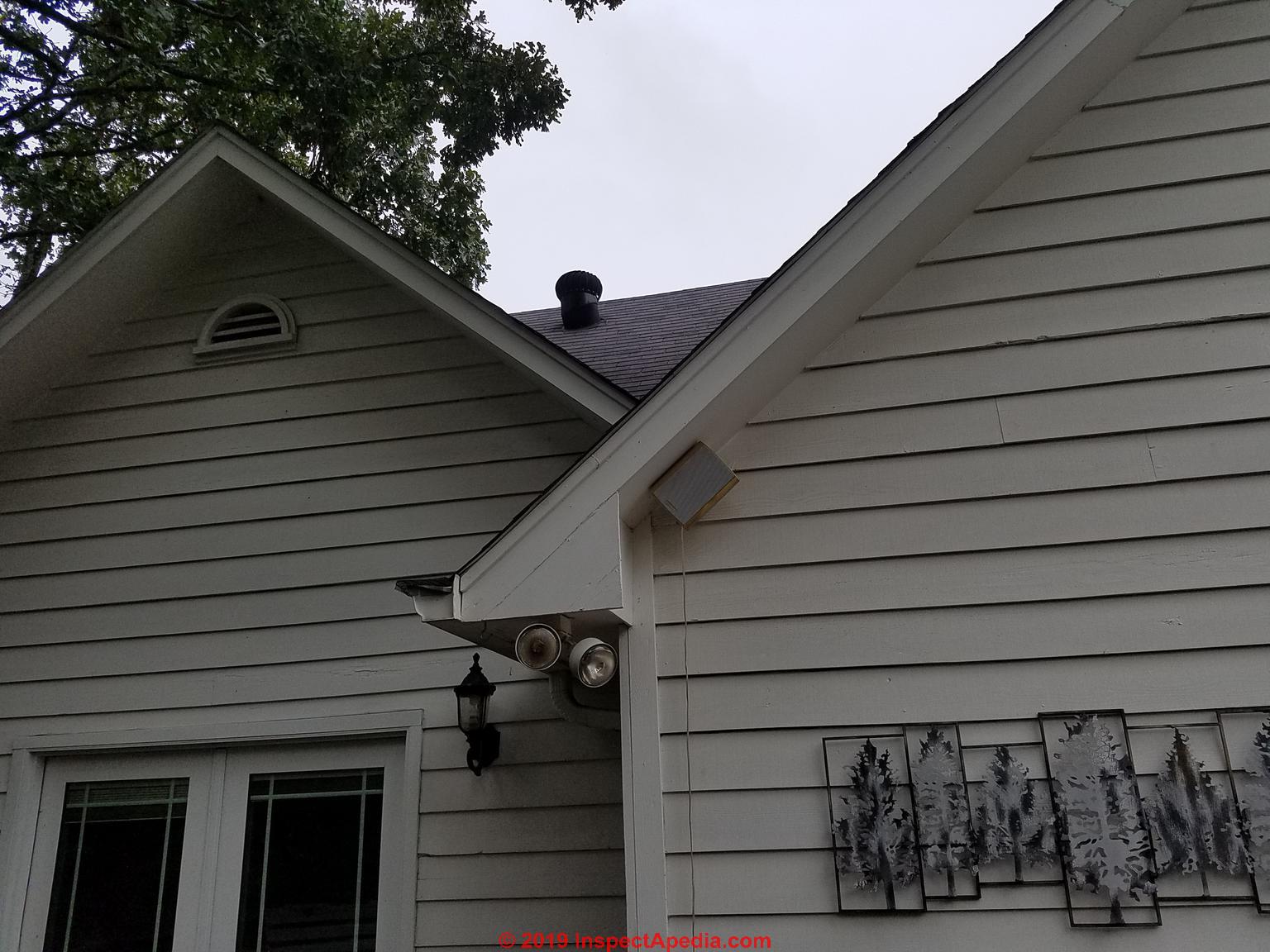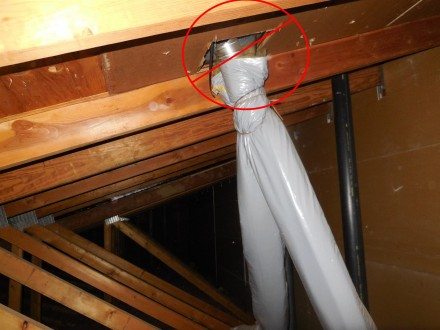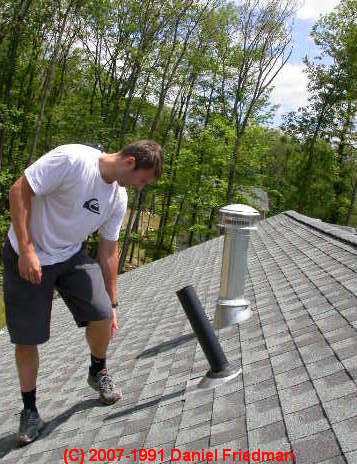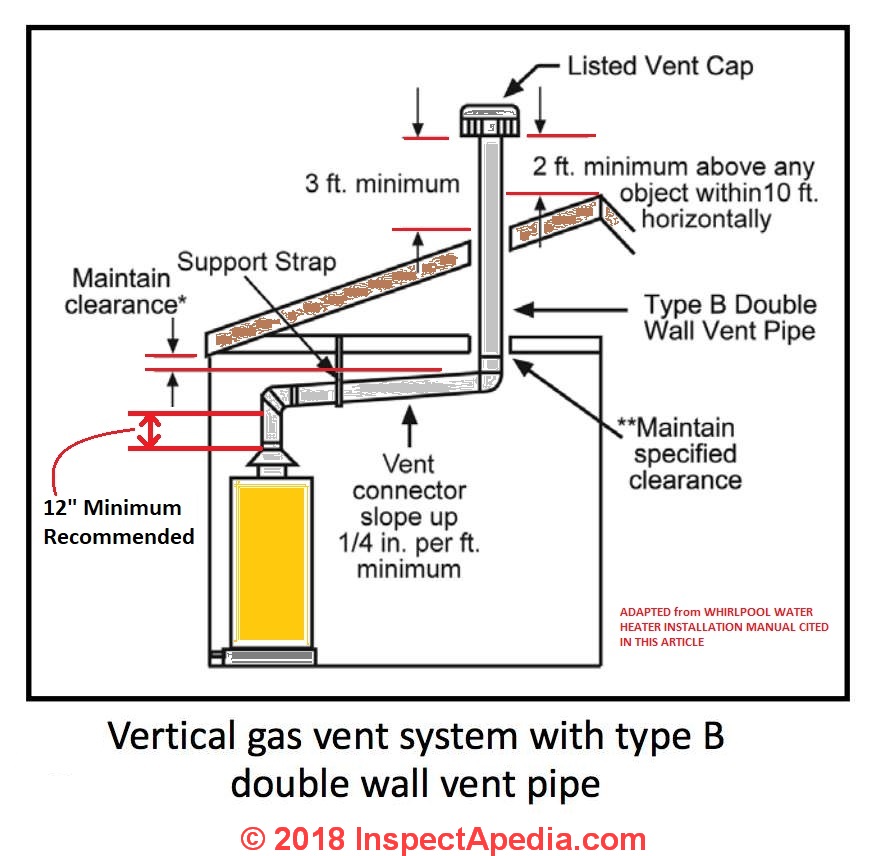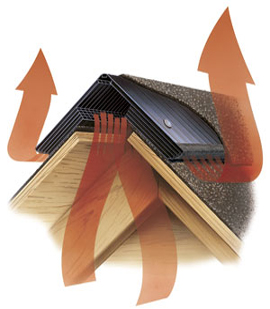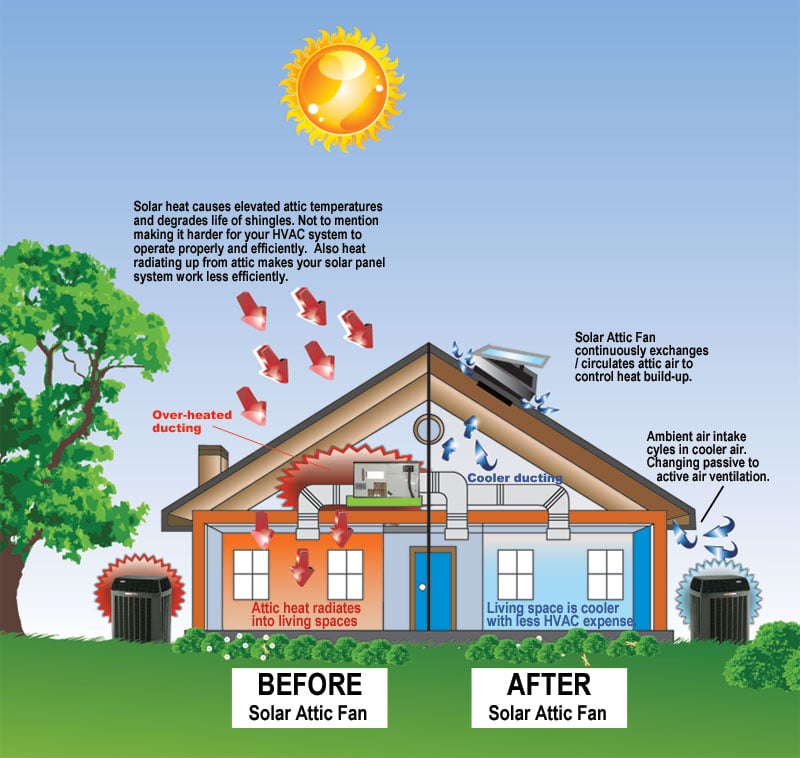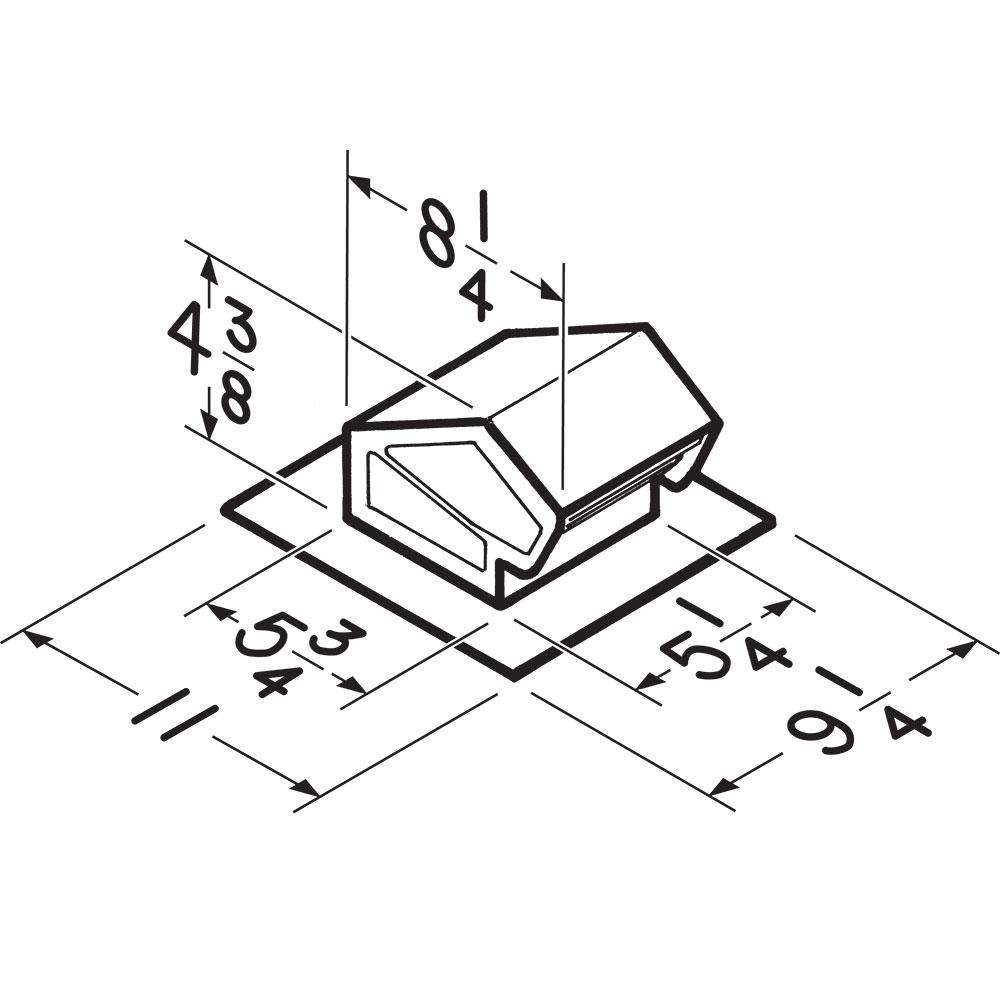Since it takes less energy to move the cooled exhaust horizontally he furnaces typically exhaust to the side of a building rather than the top.
High efficiency furnace venting freezing at roof vent.
This condensing process along with the one that occurs within the high efficiency furnace itself creates moisture that can collect and freeze around and inside exhaust pipes since it can t travel far enough away from the home before condensing.
It s a high efficiency gas furnace and that s the exhaust vent.
As the gases are cooler pvc cpvc or abs piping can be used to carry the exhaust to the outside.
Due to the condensing nature of a high efficiency furnace its venting must be made of a material that is resistant to corrosion.
When exhaust gases discharged from a high efficiency furnace exhaust vent meets the cold air the air condenses faster than conventional furnaces because it is cooler.
It uses a venting system to extract that heat before venting.
Once a high efficiency condensing furnace removes this excess heat that conventional furnaces vent to the outside of a home the leftover mixture is acidic water.
There is a disconnection at the elbow.
Many municipalities do not allow metal foil tape either.
This combination of carbon dioxide and water would damage the type of vents used in conventional systems which run vertically out of a home.
This vent pipe is connected to the shared vent stack with the furnace.
If your furnace has an afue rating of 90 percent or above it will have a flue pipe that goes out of the side of your house.
That depends on whether you have a standard efficiency or a high efficiency furnace.
If your furnace has an afue rating below 90 percent it will most likely have a flue pipe that goes up through your roof.
This residual liquid is highly acidic.
The gas vent pipe from the water heater tank is improperly sloped.
Cloth duct tape is not permitted to be installed on fuel burning appliance vent pipes.
A high efficiency condensing furnace can achieve efficiency ratings of 90 or above.
